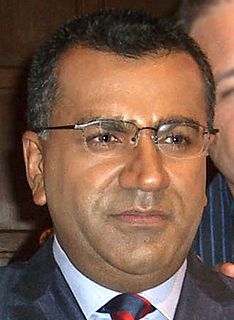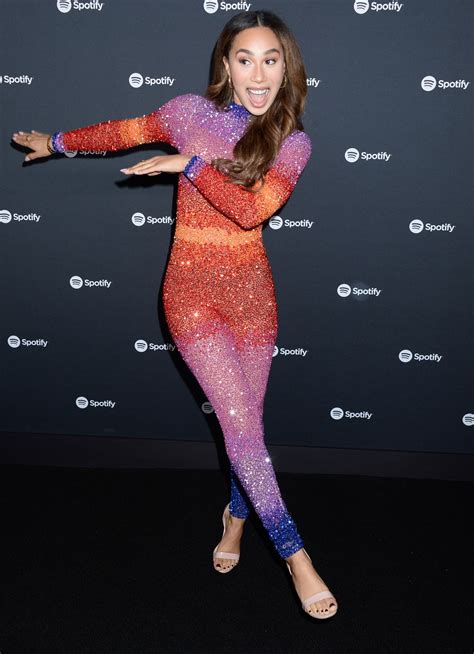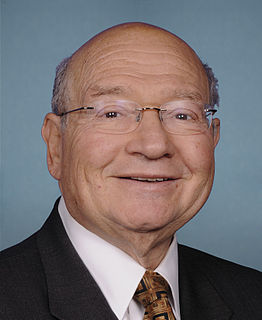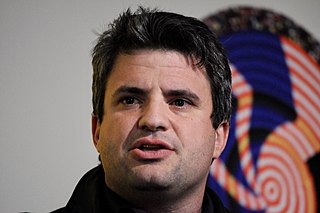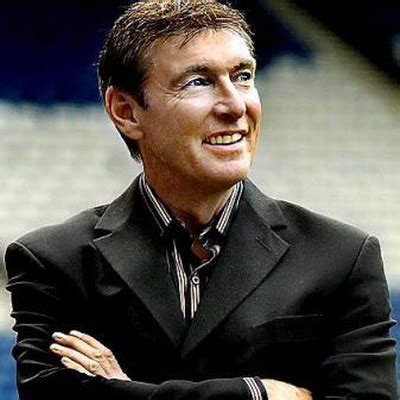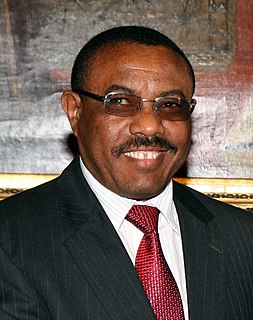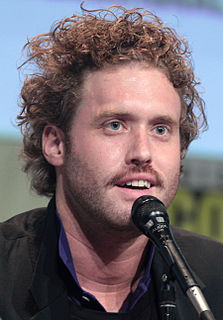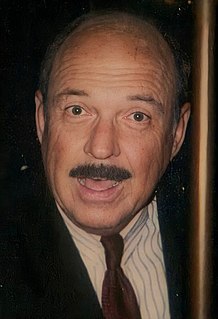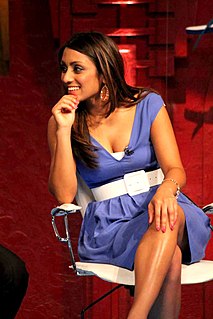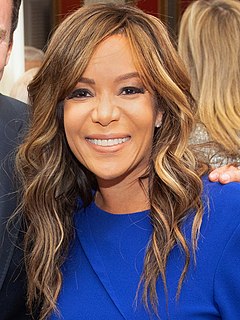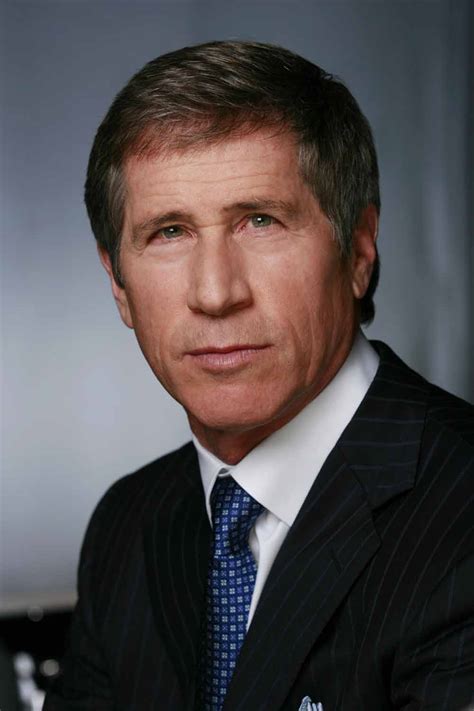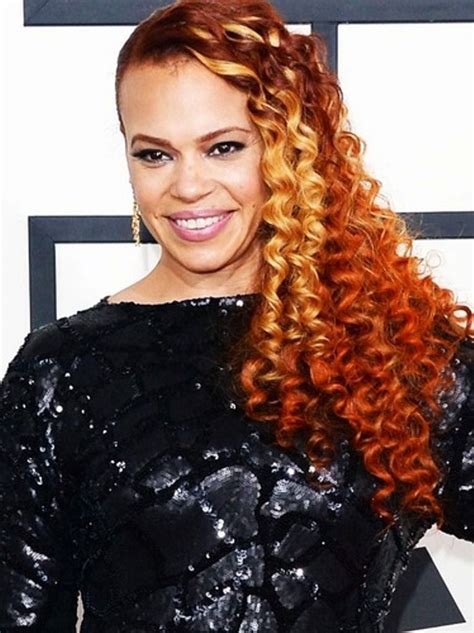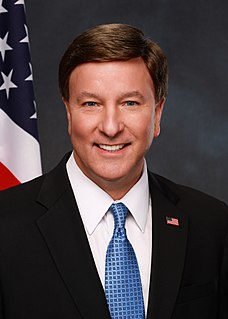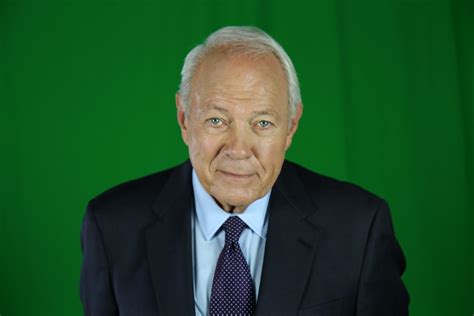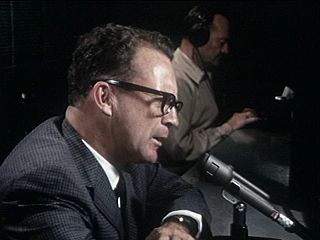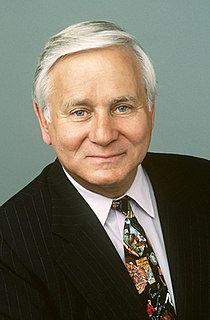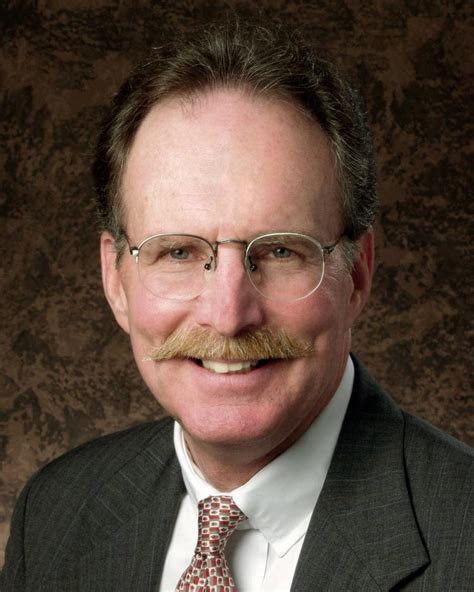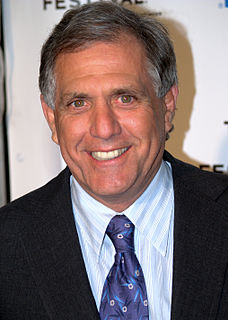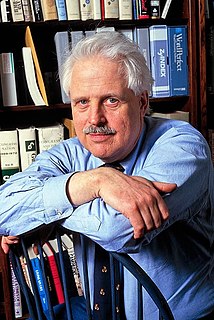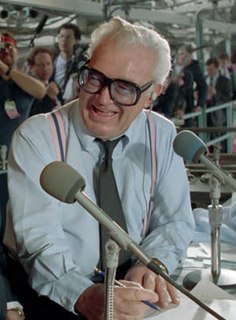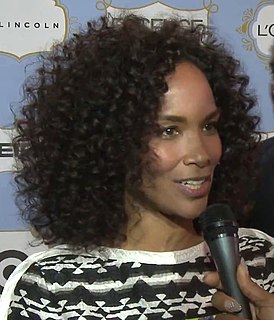Top 1200 Broadcast Journalism Quotes & Sayings
Explore popular Broadcast Journalism quotes.
Last updated on April 14, 2025.
Every journalism bromide - speaking truth to power, comforting the afflicted, afflicting the powerful - that otherwise would be hopelessly sappy to a journalist of any experience, has become a Twitter grail. The true business of journalism has become obscured because there is really no longer a journalism business.
The media has changed. We now give broadcast licenses to philosophies instead of people. People get confused and think there is no difference between news and entertainment. People who project themselves as journalists on television don't know the first thing about journalism. They are just there stirring up a hockey game.
Any good broadcast, not just an Olympic broadcast, should have texture to it. It should have information, should have some history, should have something that's offbeat, quirky, humorous, and where called for it, should have journalism, and judiciously it should also have commentary. That's my ideal.
Frightening media messages...pervade the news business, which really ought to be called "the bad news business" for its preoccupation with disaster and destruction. In broadcast journalism, killing is almost always covered, while kindness is almost always ignored. The more alarming a news item is, the more attention it receives.
Matt Drudge's role in the Monica Lewinski scandal] strikes me as a new and graphic power of the Internet to influence mainstream journalism. And I suspect that over the next couple of years that impact will grow to the point where it will damage journalism's ability to do its job professionally, to check out information before publication, to be mindful of the necessity to publish and broadcast reliable, substantiated information.
Anyone who does investigative journalism is not in it for the money. Investigative journalism by nature is the most work intensive kind of journalism you can take on. That's why you see less and less investigative journalism at newspapers and magazines. No matter what you're paid for it, you put in so many man-hours it's one of the least lucrative aspects of journalism you can take on.
I finished high school and studied at the University of Nebraska in the school of journalism, which really turned me onto journalism. I never finished, but the very little that I did learn in two-and-a-half-years prepared me for a career in legitimate journalism, which included WWE, AWA, WCW, and everything in-between.
I was in the journalism program in college and had some internships in print journalism during the summers. The plan was to go to Columbia University Graduate School of Journalism to learn broadcasting after I graduated. I was enrolled and everything, but ultimately decided that I could never afford to pay back the loan I'd have to take out.
The print magazine and print journalism industry is obviously in a great deal of trouble, and one of the things that happened when this business started to give way to the Internet and to broadcast television is that a lot of organizations started cutting specifically investigative journalism and they also started cutting fact-checkers.
I felt the call to this industry because I enjoy broadcast journalism. I'm steeped in the news because I enjoy the news - I like reading papers; I like reading the blogs. I love talking to newsmakers and pundits, for that matter, about their opinions. I'm an information gatherer by nature, so that's what attracted me about this industry.
I was going to college for broadcast journalism because I knew whatever career path I would take, I knew I wanted to be talking to as many people as possible and inspiring as many people as possible, particularly girls. When I was in college, I was like, 'I know I'm going to be on camera a lot when I'm older if I fall into my dream job.'
I think, if you're a candidate and you want to be totally safe, and assure that what you say is not going to be recorded or broadcast on the Internet, you have to have something like safe cone. Everything is so viral right now that you have to assume as a candidate that anything you say will be broadcast.
It used to be a given that the talent and the talent agencies would line up around the broadcast pitch season first and then take whatever was still available out to cable. I hate to say it, but it's just not going down that way anymore. There are things that are bypassing the broadcast networks altogether.
I got in journalism for any number of reasons, not least because it's so much fun. Journalism should be in the business of putting pressure on power, finding out the truth, of shining a light on injustice, of, when appropriate, being amusing and entertaining - it's a complicated and varied beast, journalism.

